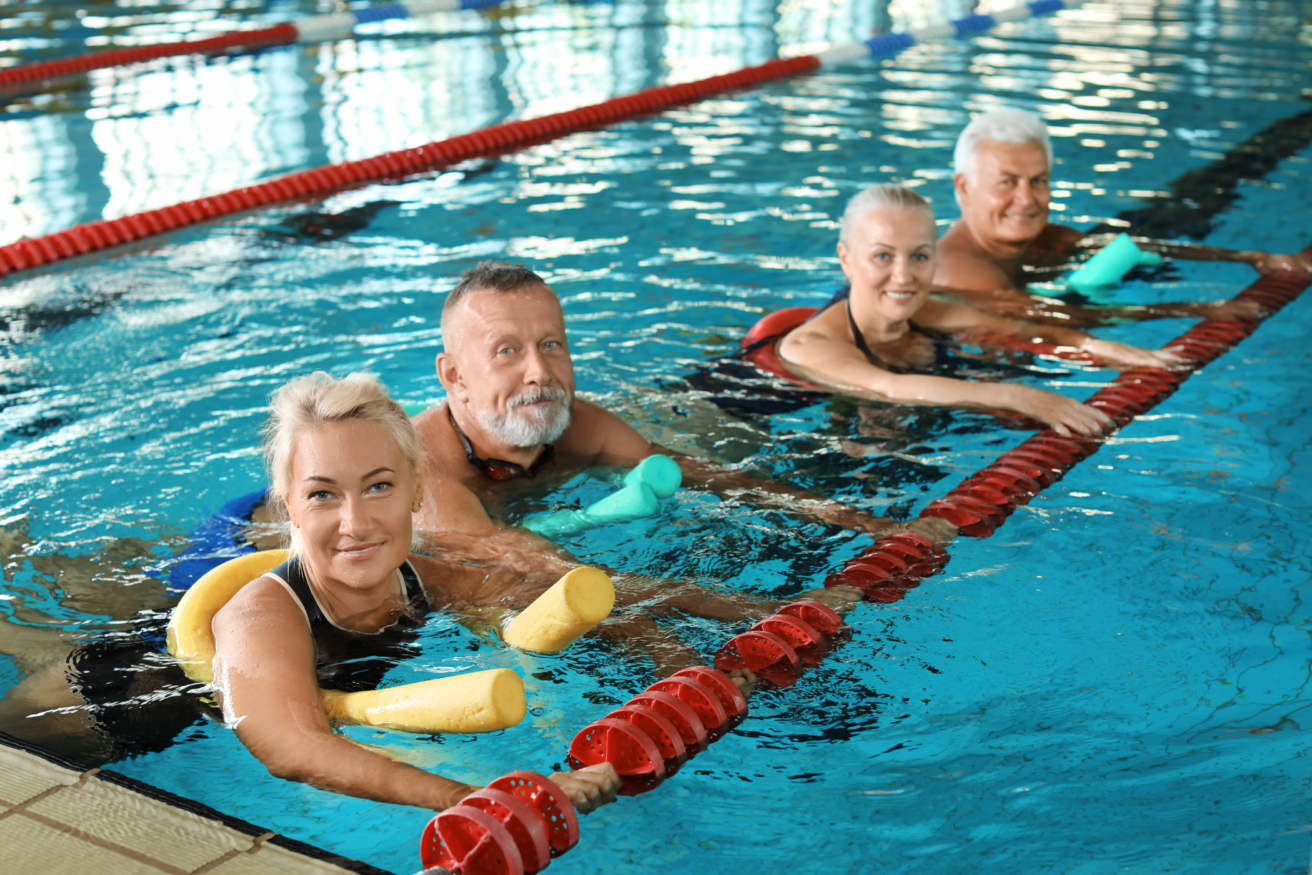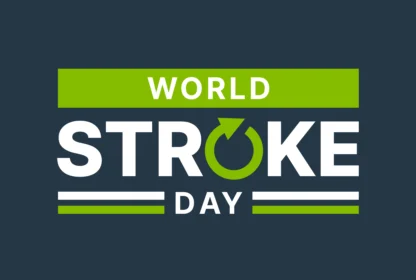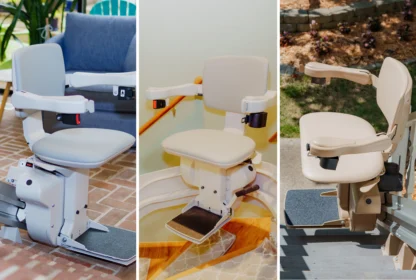
For those suffering from long-term physical ailments or even those who are searching for low-impact exercise options as they age, aqua therapy offers many benefits. Also known as water therapy, pool therapy, or hydrotherapy, aqua therapy is a common part of rehabilitation and exercise programs. One reason why aqua therapy is so popular is that it offers a low impact exercise option that can increase muscle tone without risking injury.
Aqua therapy is a common choice for those with muscular sclerosis, osteoporosis, those who are disabled or handicapped, and those who are seeking a low impact exercise option. Because aqua therapy offers an exercise option that delivers minimal impact to the joints, it is ideal for those who have muscular or skeletal injuries. Aqua therapy has also been proven to increase focus and clarity while decreasing depression and stress levels.
Among aging Americans, aqua therapy classes, such as water aerobics, are very popular. These classes offer the opportunity not only to participate in a low impact group exercise class but also provide a solid cardiovascular workout. Additional benefits of aqua therapy classes like water aerobics include increased circulation, improved muscle blood flow, and increased lung capacity. The added benefit of weight management is just the icing on the cake for many who take these classes.
For those who are disabled, the chance to participate in aqua therapy often becomes the highlight of their week. Working closely with a therapist, they get to enjoy the physical benefits of therapy and also many psychological benefits as well. Many who take part in aqua therapy find joy and a sense of accomplishment in what they achieve during their therapy sessions.
Aqua therapy sessions are often available at hospital rec centers or park district facilities. At 101 Mobility, we offer pool and spa lifts that make it easier to enter and exit pools for therapy sessions. To learn more visit our website.


